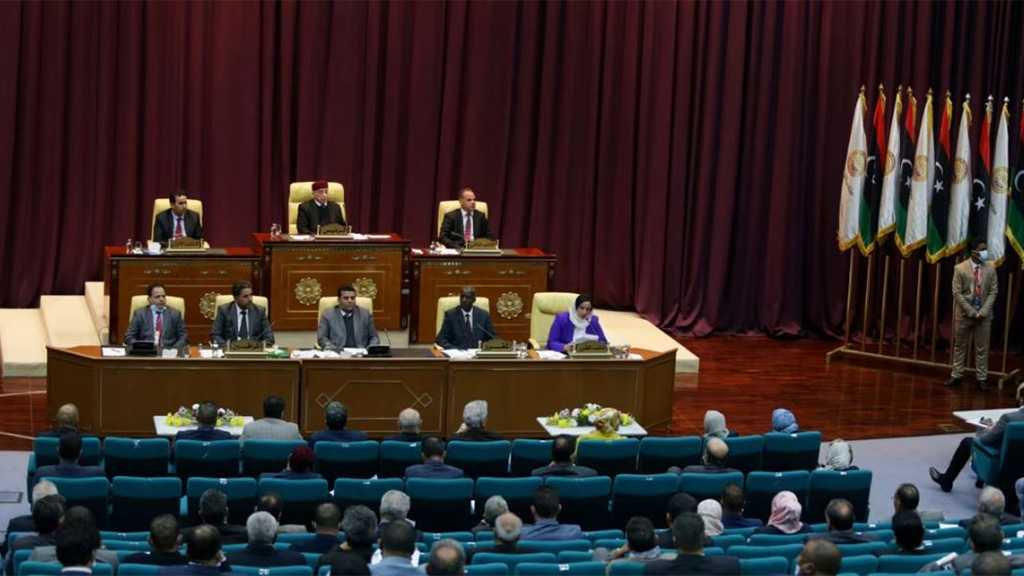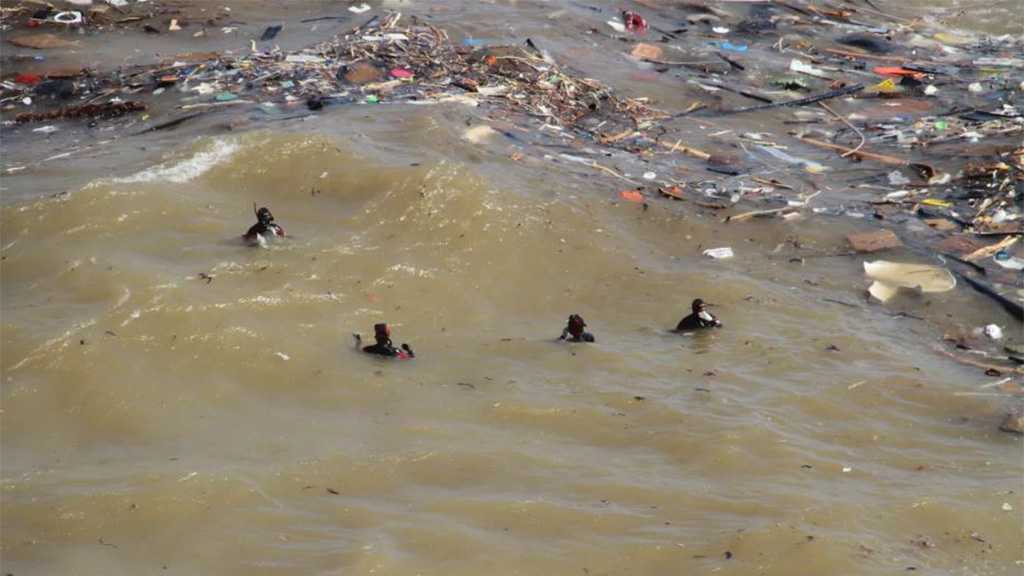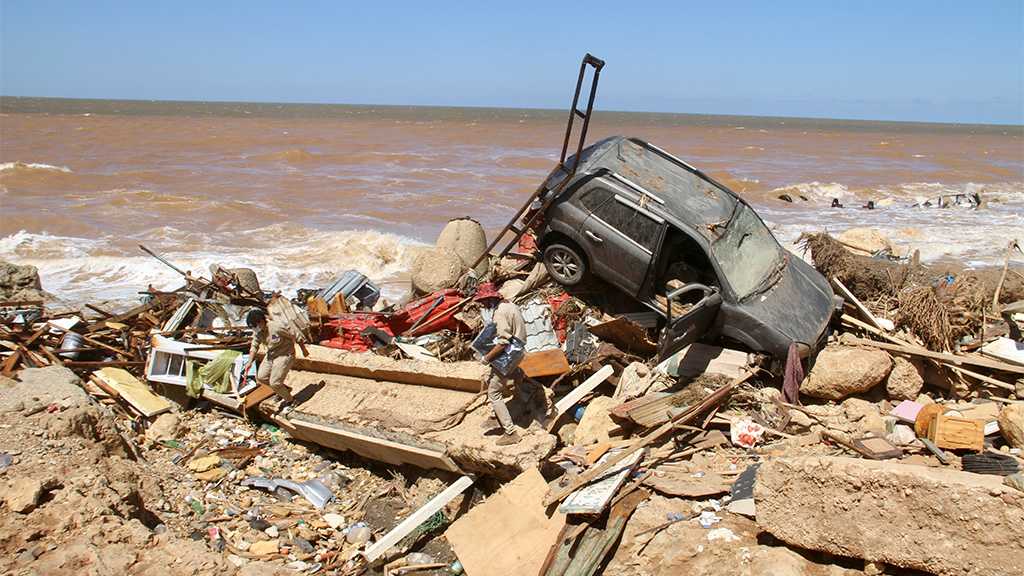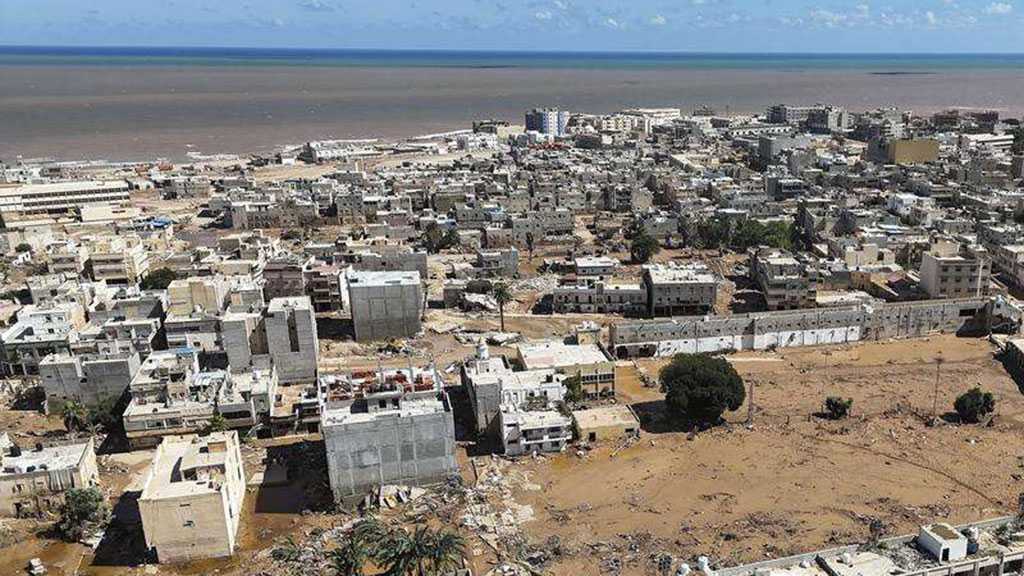
Libya Rivals Meet in Egyptian Resort for Talks on Elections
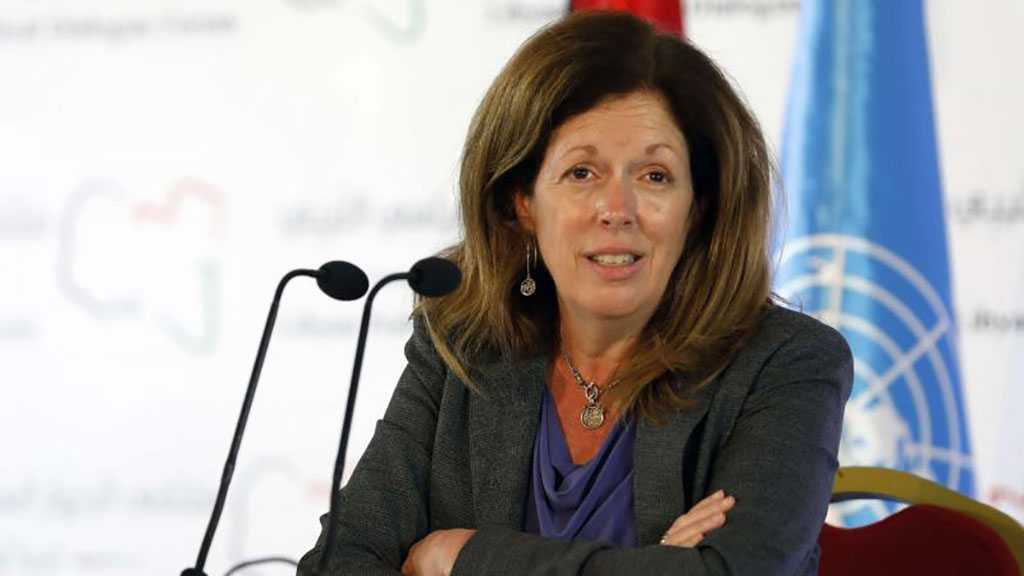
By Staff, Agencies
Libyan officials from rival administrations began talks Tuesday in an Egyptian Red Sea resort on constitutional arrangements laying the legal groundwork for presidential and parliamentary elections later this year, the United Nations said.
UN acting envoy for Libya, Stephanie Williams, said failure to reach an agreement will have "negative repercussions on the other tracks, including the security and economic situation" in the conflict-stricken country.
She urged the gathering via video-call to wrap up their discussions in time to meet a two-month deadline agreed on as part of a roadmap crafted by a Libyan political forum in November in Tunisia.
That roadmap also called for presidential and parliamentary elections to be held Dec. 24, 2021, an ambitious plan to end the chaos that engulfed oil-rich Libya following a NATO-backed uprising that overthrew and later killed dictator Moammar Gadhafi in 2011.
The North African country is today divided into two rival administrations, each backed by an array of militias and foreign powers. An administration backed by military commander Khalifa Hifter rules the east and south while a UN-supported government based in the capital, Tripoli, controls the west.
The talks in the Red Sea resort of Hurghada include 10 members from the eastern Libya-based parliament and the same number from the High Council of State, an advisory body to the UN-supported government in the capital, Tripoli.
Separately on Tuesday, the so-called Libyan Political Dialogue Forum approved a mechanism for choosing a transitional government that would lead the country to the proposed elections, the UN support mission in Libya said. The forum is comprised of 75 members from all walks of Libyan life.
The UN mission said 73% of forum members voted in favor of selecting a process proposed by an advisory committee on Saturday.
"Libyans have now a genuine opportunity to move past their differences and divisions, select a temporary government to reunify their institutions through the long-awaited democratic national elections," Williams said.
Under the agreed-on process, an electoral college in each of three regions in the country would name a representative to a three-member presidential council. A prime minister would be chosen by the 75-member forum with a successful nominee receiving 70% of the forum's vote.
If that does not's work, the forum would resort to lists formed from Libya’s three regions, with each list consisting of four names, nominated for the presidential council and a prime minister position.
The UN mission said it was finalizing nomination and procedural measures along with a timeline for the voting process.
The talks in Hurghada and the forum came amid international pressure to find a settlement to Libya's conflict and avoid another bout of violence. Previous diplomatic initiatives have all collapsed.
As part of the international efforts, UN Secretary-General Antonio Guterres appointed former Slovak Foreign Minister Jan Kubis on Monday to lead the UN political mission.
Kubis, currently the UN envoy in Lebanon, replaces Ghassan Salame who resigned last March amid fierce fighting between Libya’s rival sides over Tripoli.
In October, Libya's rivals agreed to a UN-brokered cease-fire in Geneva, a deal included the departure of foreign forces and mercenaries from Libya within three months. But so far, no progress has been made on that.
